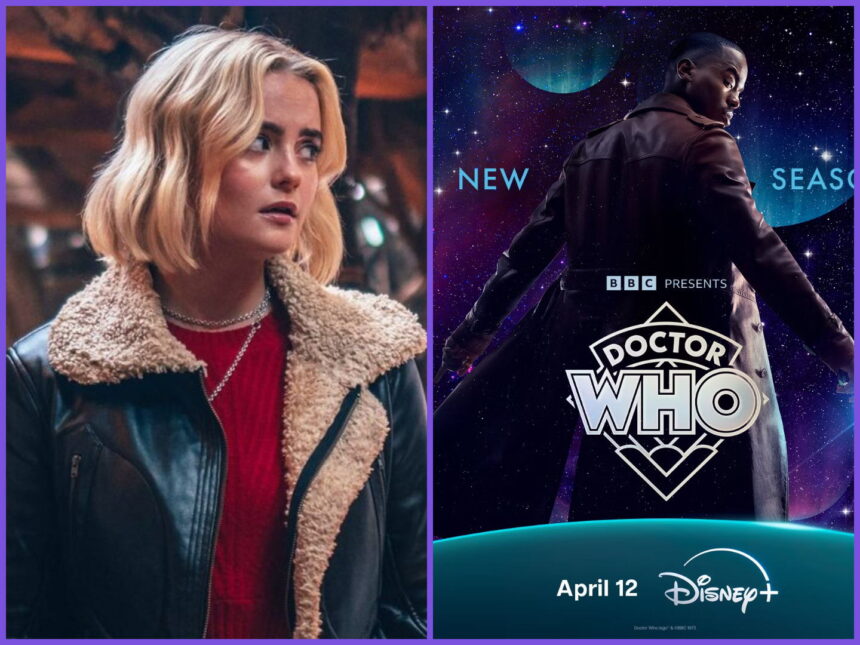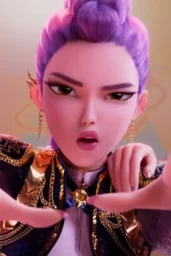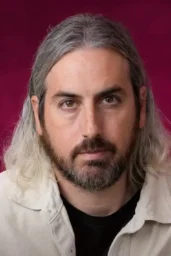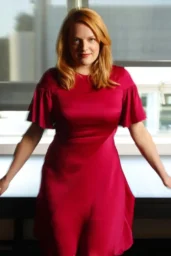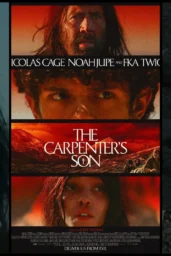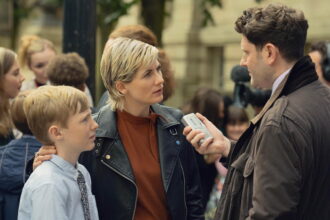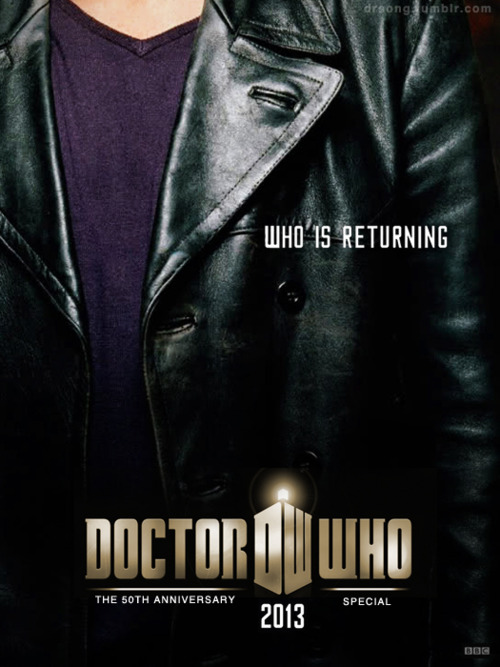Let’s get one thing straight: Doctor Who has always been “woke.” From its first regeneration in 1966 to its latest era under Russell T. Davies, the show has championed progressive ideals—sometimes subtly, sometimes with the grace of a Dalek smashing through a wall. So why are fans suddenly clutching their pearls?
Millie Gibson, who plays companion Ruby Sunday, isn’t having it. In a recent interview with The Standard, she fired back at critics moaning about the show’s inclusivity:
“I’d just watch the show for what it is… It’s literally about two best friends traveling the universe, so just watch it and get over it somewhat!”
Her co-star Varada Sethu (Belinda Chandra) took a sharper angle, suggesting that “woke” complaints are actually a good sign—proof the show is evolving.
Historical Context:
This isn’t new. When Doctor Who cast Jodie Whittaker as the first female Doctor in 2017, the same critics howled. Before that? Fans lost their minds over a gay companion (Captain Jack Harkness, 2005). The cycle repeats like a broken time loop.
The irony? Doctor Who has always pushed boundaries:
- 1970s: The Third Doctor fought eco-villains (hi, climate change parallels).
- 2005 Revival: The Ninth Doctor called out classism in “The End of the World.”
- 2024: Now, it’s Ncuti Gatwa’s Doctor and diverse companions ruffling feathers.
The Real Issue?
The backlash isn’t about “politics”—it’s about change. But as Gibson says, the core remains: two friends, a blue box, and infinite adventure.
So, to the critics: If you’re mad about “woke” Who, maybe you’ve missed the point for 60 years. Or as the Doctor might say: “Time isn’t linear—but your takes sure are.”

